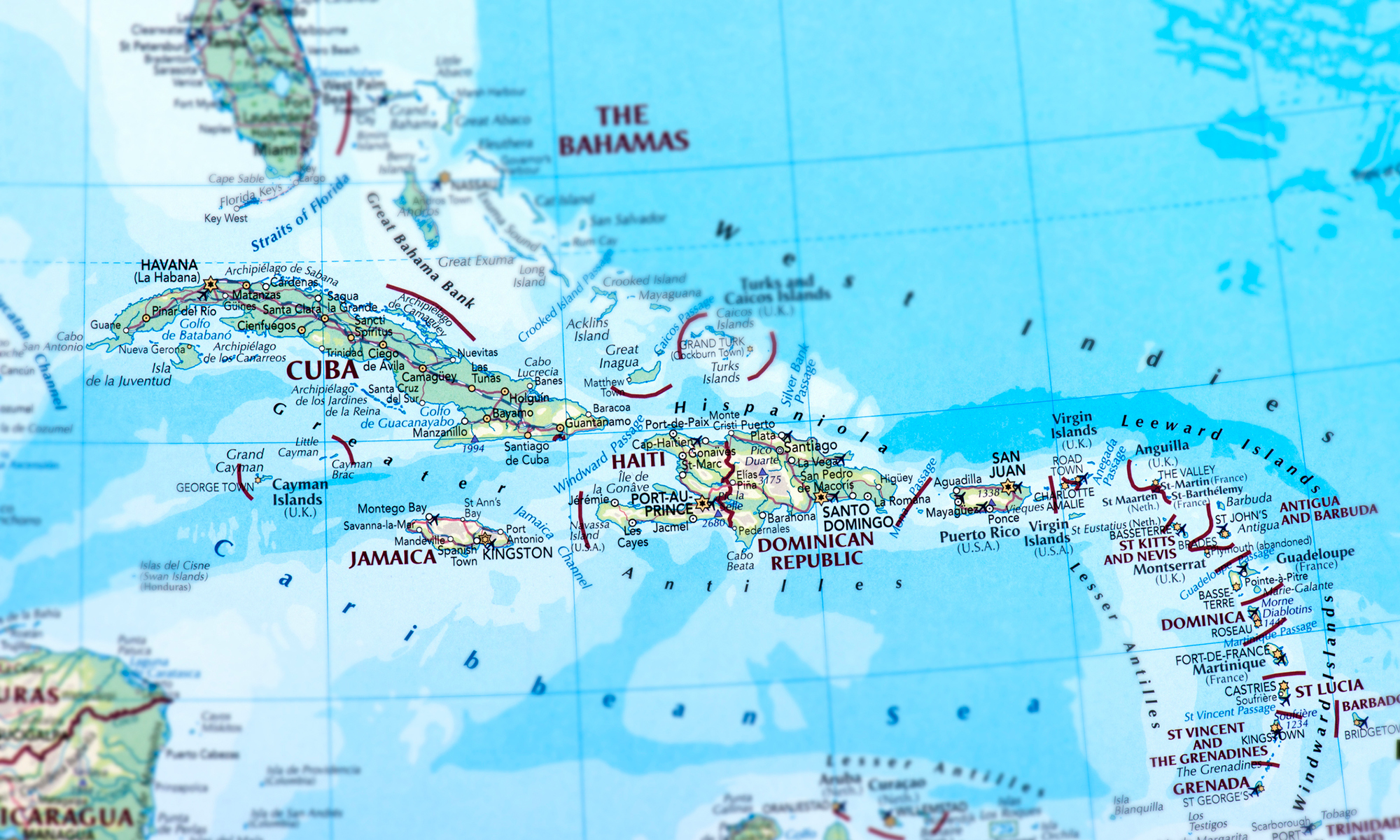The White House announced on Tuesday that President Obama intends to remove Cuba from the Government’s list of state sponsors of terrorism. In a message to Congress, the President said that Cuba “has not provided any support for international terrorism” over the last six months. He also told Congress that Cuba “has provided assurances that it will not support acts of international terrorism in the future.”
The President’s decision to remove Cuba from the list eliminates a major obstacle to the restoration of diplomatic relations between the two nations. The issue of Cuba being on the list of nations that sponsor terrorism has helped delay the opening of embassies in Washington and Havana. Its being on the list also has impeded Cuba from doing business with American banks, a cornerstone to increase commerce between the two nations.
The President’s final decision followed a State Department review of Cuba’s presence on the list. President Obama ordered a review of Cuba’s status in December, after announcing that he would seek normal ties with the island nation
Cuba will officially be removed from the terrorism list 45 days after the President’s message was sent to Congress. Lawmakers could vote to block the move during the 45 day period. However, any such resolution to block its removal is likely to be vetoed by Mr. Obama.
